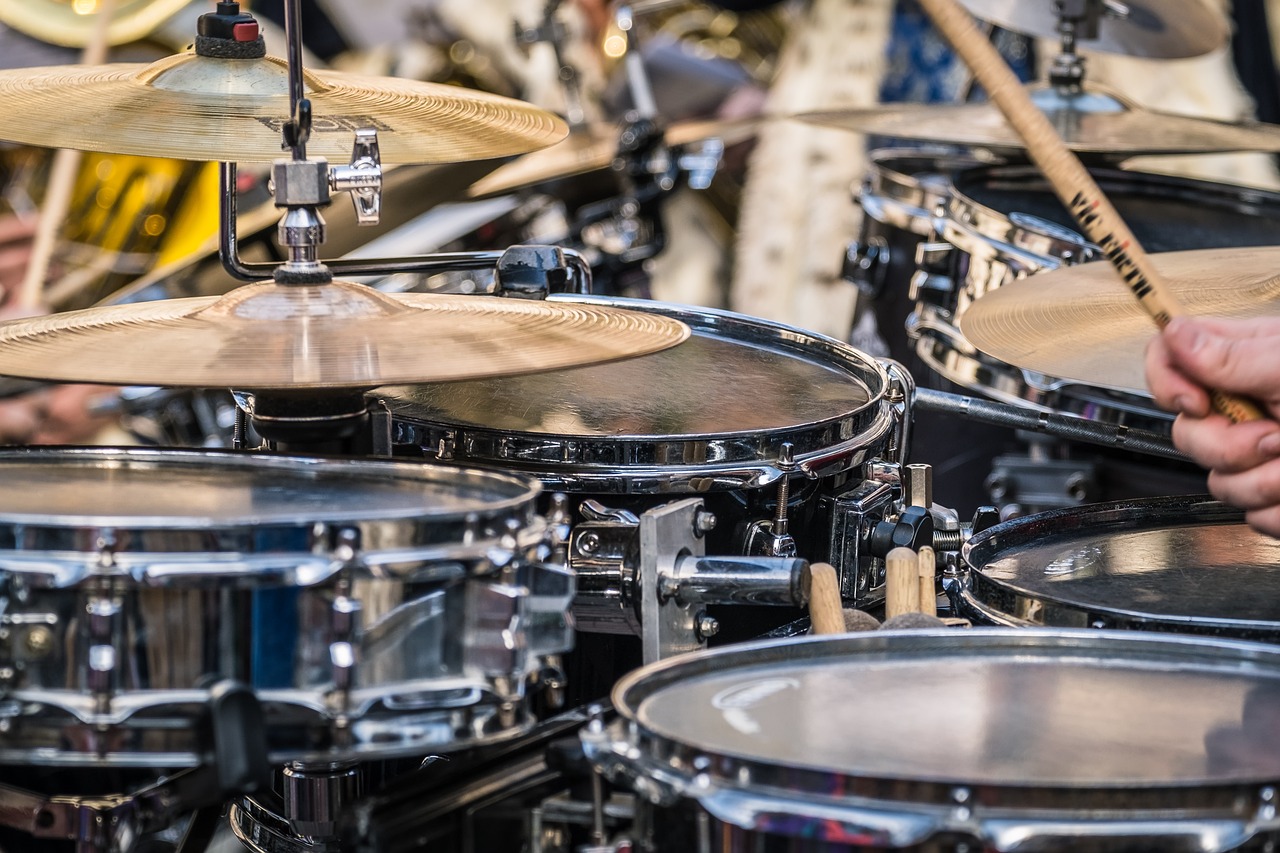The Future of AI-Generated Music: Challenges and Opportunities
One of the primary challenges in AI-generated music creation is the ability to capture and replicate the nuances of human emotion and creativity. While AI algorithms can produce music that is technically proficient, they often lack the depth and soul that human musicians bring to their compositions. This can result in music that feels artificial and fails to resonate on a meaningful emotional level with listeners.
Another significant challenge is the issue of originality and creativity in AI-generated music. With vast amounts of data and existing musical works feeding into AI systems, there is a risk of music becoming formulaic and derivative. This can stifle innovation and limit the diversity of musical expression, leading to a homogenized and uninspired musical landscape. Finding ways to ensure that AI-generated music maintains a level of uniqueness and creativity poses a considerable obstacle for developers and musicians alike.
One of the primary challenges in AI-generated music creation is capturing and replicating human emotion and creativity
AI algorithms often lack depth and soul compared to human musicians
Music created by AI can feel artificial and fail to resonate emotionally with listeners
Another challenge is maintaining originality and creativity in AI-generated music
With vast amounts of data feeding into AI systems, there is a risk of music becoming formulaic and derivative
This can stifle innovation and limit diversity in musical expression
Opportunities for AI in the Music Industry
AI technology is revolutionizing the music industry by providing innovative tools for musicians, producers, and composers. One of the key opportunities lies in the realm of music production, where AI-powered software can assist in creating unique sounds, melodies, and beats. This can enhance the creative process and inspire artists to explore new horizons in music composition. Additionally, AI algorithms can analyze trends in the music market, helping artists to understand audience preferences and tailor their music to reach a wider audience.
Furthermore, AI has the potential to revolutionize the way music is discovered and shared. Streaming platforms and music recommendation services are increasingly using AI algorithms to personalize music recommendations for users, based on their listening habits and preferences. This not only helps listeners discover new music that aligns with their tastes but also enables emerging artists to reach relevant audiences more effectively. By leveraging AI in music discovery and recommendation, the industry can foster greater diversity and accessibility in music consumption.
Ethical Considerations in AI-Generated Music
AI-generated music poses unique ethical considerations that must be addressed as this technology becomes more prevalent in the music industry. One major concern is the issue of copyright and intellectual property rights. As AI systems use vast amounts of existing music data to create new compositions, questions arise about who owns the rights to these newly generated pieces. Are they the property of the AI developers, the original artists whose work was used for training, or something else entirely?
Another ethical concern is the potential impact of AI-generated music on human creativity and originality. With AI capable of producing music that is indistinguishable from that created by humans, there is a fear that artistic expression could be devalued or diluted. This raises questions about the authenticity and emotional depth of AI-generated music compared to compositions crafted by human musicians. It is crucial to navigate these ethical considerations thoughtfully to ensure that AI-generated music complements rather than replaces the creative contributions of human artists in the music industry.
Can AI-generated music be considered original work?
While AI-generated music is created by algorithms, there is ongoing debate about whether it can be considered original work. Some argue that since the algorithms are created by human programmers, the music produced by AI should be credited to them.
What are the ethical concerns surrounding AI-generated music?
Some ethical concerns surrounding AI-generated music include issues of copyright and ownership, as well as questions about transparency and authenticity in the creative process. There are also concerns about the potential impact of AI on the livelihoods of human musicians.
How can AI be used ethically in the music industry?
To use AI ethically in the music industry, it is important for creators and industry stakeholders to be transparent about the use of AI in music production. Additionally, ensuring fair compensation for human musicians and proper crediting of AI-generated work is crucial.
Are there any regulations in place for AI-generated music?
As of now, there are no specific regulations in place for AI-generated music. However, as the technology continues to advance, there may be a need for regulations to address issues related to copyright, ownership, and transparency in the music industry.







